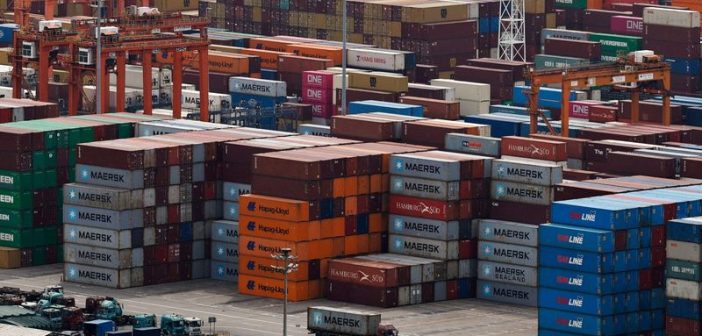On May 18, 2025, China’s Ministry of Commerce announced the imposition of anti-dumping duties on imports of polyoxymethylene (POM) copolymers—a type of engineering plastic—from the United States, the European Union, Japan, and Taiwan. These duties range from 3.8% to 74.9%, depending on the country and specific companies involved.
The investigation into these imports began in May 2024, shortly after the U.S. increased tariffs on Chinese goods, including electric vehicles and computer chips. Preliminary duties were introduced in January 2025 after initial findings suggested dumping had occurred.
POM copolymers are used in various applications, including auto parts, electronics, and medical equipment, and can substitute metals such as copper and zinc.
Despite these developments, there are signs of easing trade tensions. The U.S. and China recently agreed to a 90-day truce to reduce reciprocal tariffs, which some sources believe should be extended.





1 Comment
China’s decision to impose anti-dumping duties on POM copolymers reflects its commitment to fair trade practices and protecting domestic industries from market distortions. While these measures align with WTO rules, the timing amid ongoing U.S.-China tariff negotiations underscores the delicate balance between trade defense and diplomacy. The recent 90-day truce offers hope for de-escalation, but sustainable solutions will require mutual concessions and long-term cooperation. A pragmatic approach—balancing competition with collaboration—remains key for global economic stability.